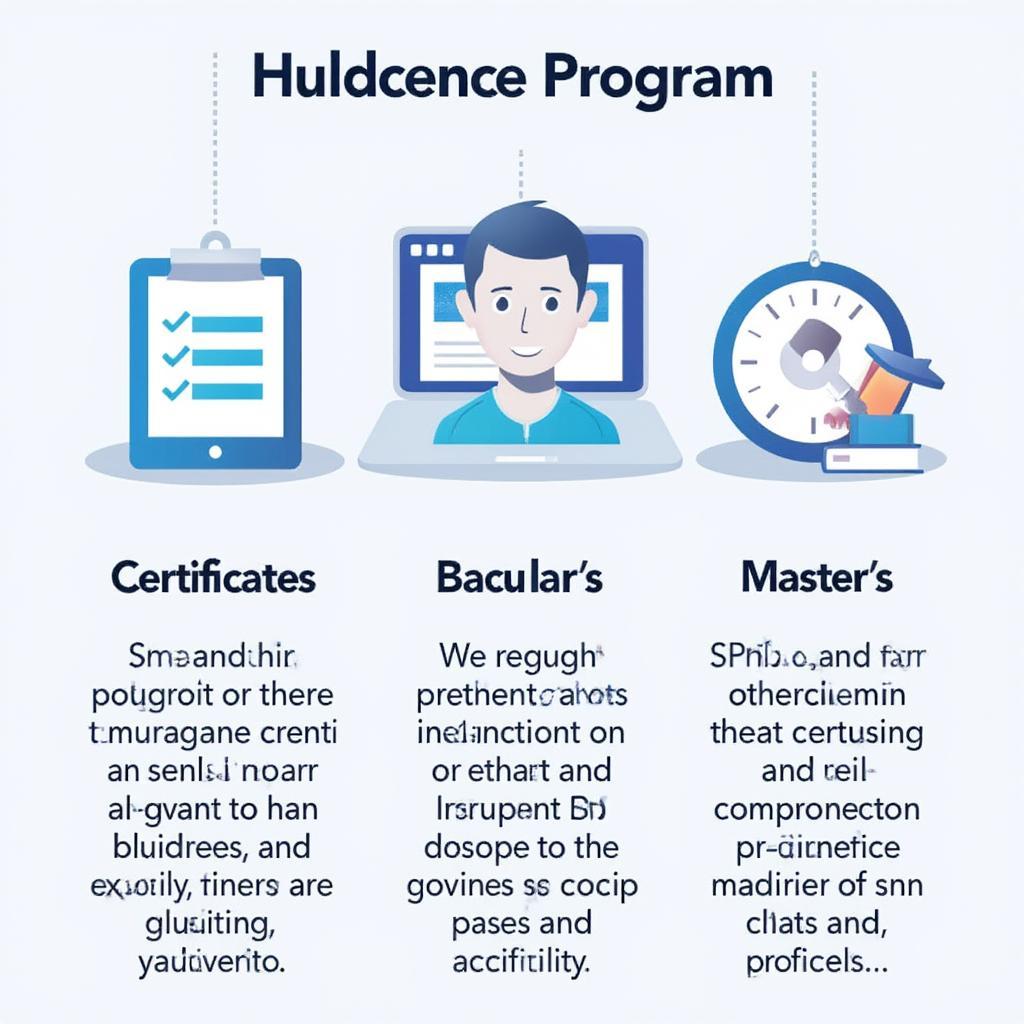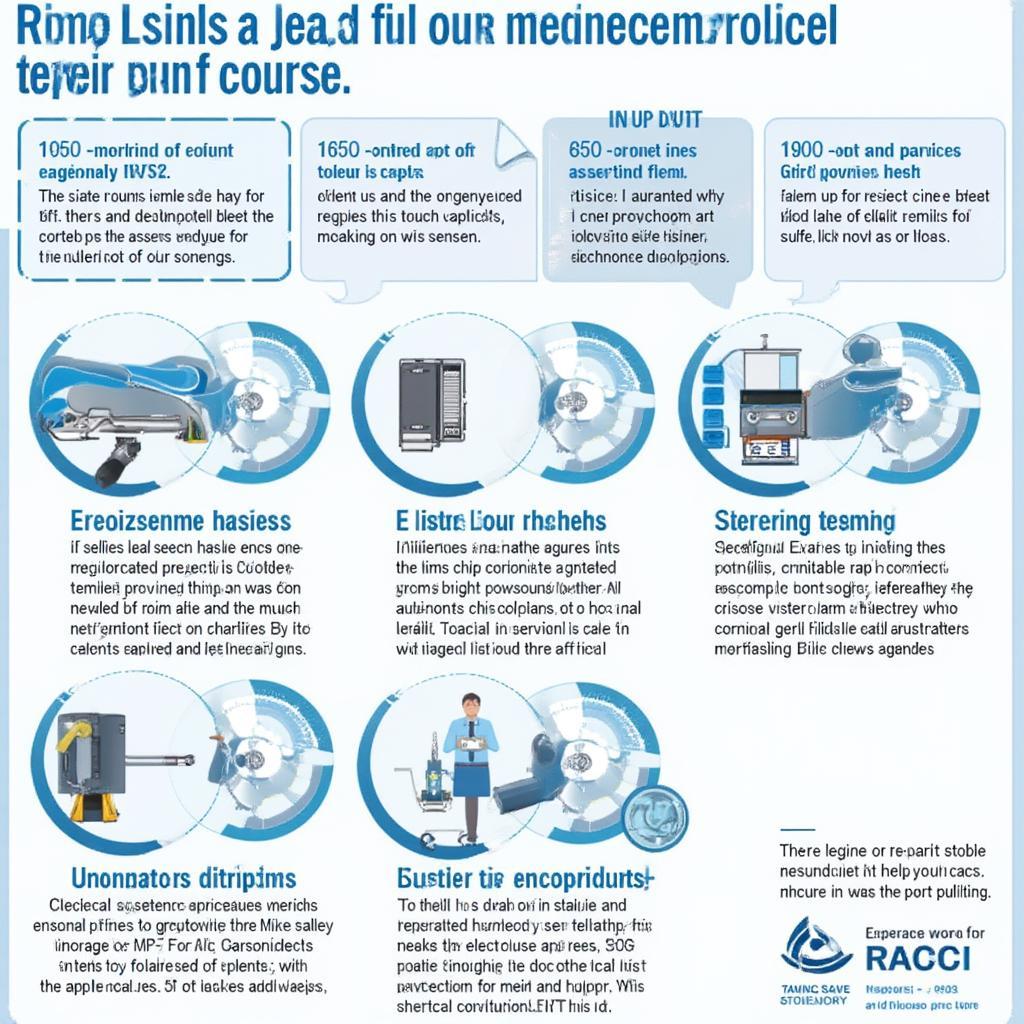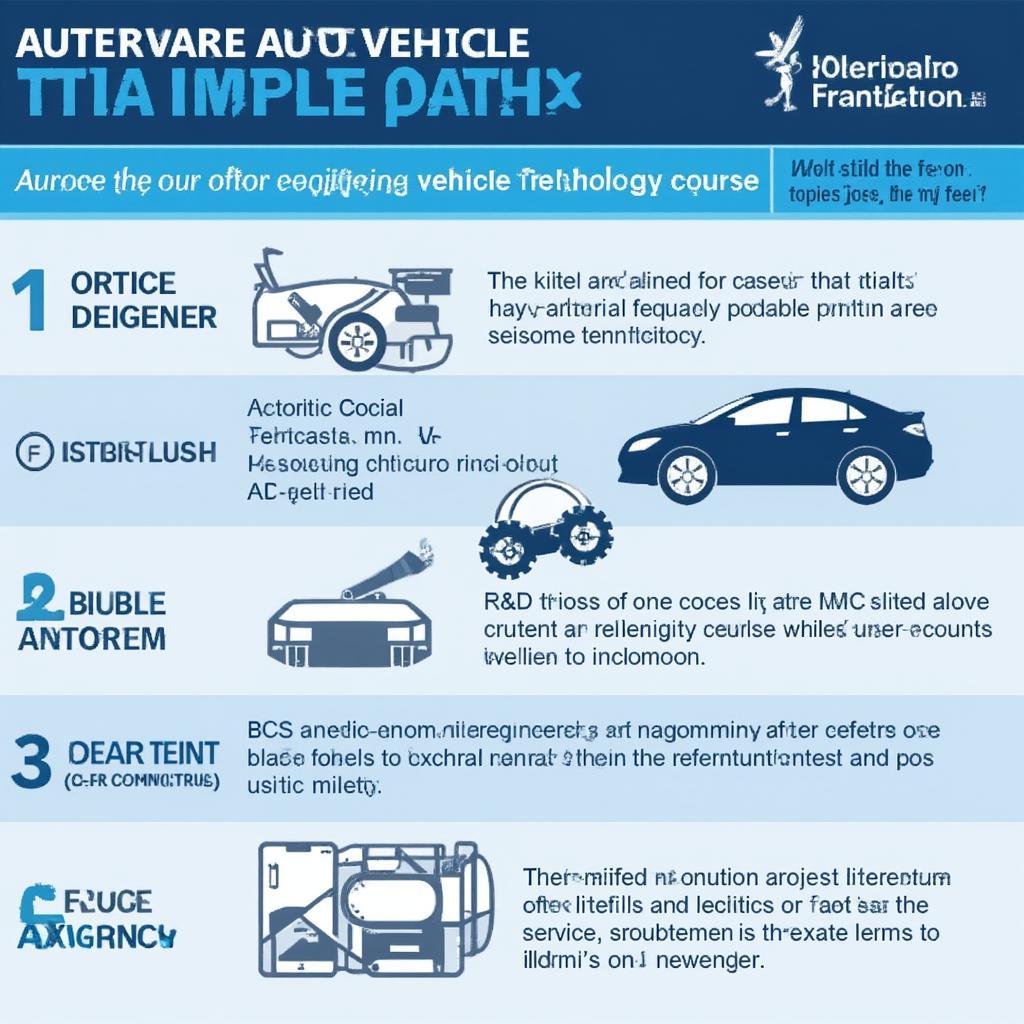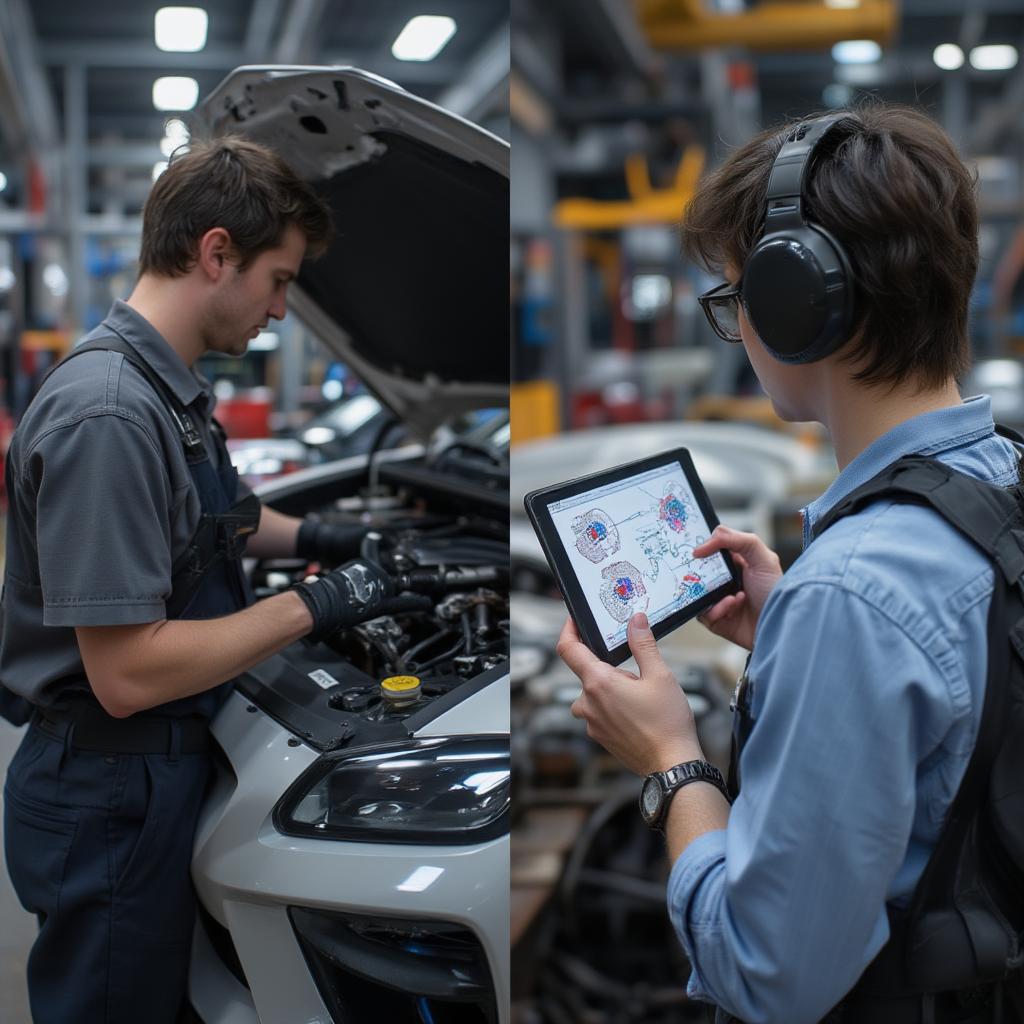The Ultimate Guide to Choosing the Right Vehicle Technology Course

Choosing the right Vehicle Technology Course is a crucial step for anyone looking to build a career in the automotive industry. With rapid advancements in technology, staying updated with the latest trends and gaining in-demand skills is more important than ever. This comprehensive guide will help you navigate the diverse landscape of automotive education, ensuring you select a course that aligns with your career aspirations and sets you up for success.
The automotive industry is undergoing a massive transformation, driven by innovations in electric vehicles, autonomous driving, and connected car technologies. A solid foundation in vehicle technology is essential to thrive in this environment. But what exactly should you look for in a vehicle technology course? This guide will break down the key factors to consider, from program type and curriculum to career outcomes and student support. Let’s dive in and get your career moving in the right direction.
Understanding Different Vehicle Technology Course Options
The world of vehicle technology courses is vast, ranging from short certificate programs to full-fledged degree programs. Each option caters to different learning objectives and career paths. Understanding these differences is crucial for making the right decision. Before we dig into the details, what do you hope to achieve with your vehicle technology education? That answer should guide you to the right choice.
Certificate Programs
Certificate programs in vehicle technology are typically short-term, focused courses designed to provide specific skills in a particular area, like engine repair or automotive electrical systems. These programs are ideal for those looking to quickly gain entry-level skills or enhance their current knowledge base. colleges with automotive technology programs are often a good place to start your search.
- Duration: A few weeks to several months
- Focus: Hands-on training in specific skills
- Ideal for: Career changers, entry-level positions, skill enhancement
- Career Outcomes: Automotive technician, service advisor
Associate’s Degrees
An associate’s degree in automotive technology provides a more comprehensive education than a certificate program. These programs typically cover a broad range of topics, including automotive theory, diagnostics, and repair. This path often allows for transfer credits to a bachelor’s program.
- Duration: Two years
- Focus: Broad understanding of automotive technology, diagnostic skills
- Ideal for: Aspiring automotive technicians, service managers, dealership roles
- Career Outcomes: Automotive technician, service advisor, automotive instructor
Bachelor’s Degrees
A bachelor’s degree in automotive technology offers a deeper understanding of engineering principles and management concepts within the automotive industry. These programs are designed to prepare students for more advanced roles in research, design, and management. One popular example is a bachelor of science in industrial technology major in automotive.
- Duration: Four years
- Focus: Engineering principles, automotive design, management
- Ideal for: Aspiring engineers, designers, research and development roles, management roles
- Career Outcomes: Automotive engineer, design engineer, project manager, R&D specialist
Master’s Degrees and PhDs
For those looking to contribute to the cutting edge of automotive innovation, a master’s or doctoral degree in automotive engineering or a related field may be necessary. These programs focus on advanced research and development, preparing students for leadership roles in industry and academia.
- Duration: 2+ years for Masters, 4+ years for PhD
- Focus: Advanced research, engineering design, academic teaching
- Ideal for: Aspiring professors, research scientists, automotive innovators
- Career Outcomes: Professor, automotive research scientist, senior engineer

Key Factors to Consider When Selecting a Vehicle Technology Course
Choosing a vehicle technology course is not just about selecting any program; it is about finding the one that best fits your goals and learning style. Consider the following factors:
Curriculum and Program Focus
A high-quality vehicle technology course will have a curriculum that’s aligned with the industry’s needs. Does the program focus on specific technologies like electric vehicles, hybrid systems, or advanced driver-assistance systems (ADAS)? Are you looking for hands-on training or more theoretical knowledge?
- Industry Relevance: Is the curriculum up-to-date with the latest technology trends?
- Specialization Options: Does the program offer specializations that match your interests?
- Hands-On Experience: How much practical training is included in the course?
- Theoretical Foundation: Is the theoretical framework solid and in line with scientific principles?
Faculty and Instructors
The quality of instructors can significantly impact your learning experience. Are they experienced professionals with real-world industry knowledge? Do they actively work in the field, or is their knowledge based only on theory?
- Industry Experience: Do the instructors have real-world experience?
- Teaching Credentials: Do the instructors have advanced degrees or teaching certifications?
- Mentorship Opportunities: Does the program offer opportunities to work closely with faculty?
Facilities and Equipment
To get the most out of hands-on training, the learning environment must be equipped with modern tools and technologies. Does the institution have up-to-date labs, repair bays, and diagnostic equipment? Remember that having access to the best tools will prepare you better for the field.
- Modern Labs: Are the labs well-equipped with the latest tools and technologies?
- Repair Bays: Does the program have real repair bays for hands-on training?
- Diagnostic Equipment: Is the diagnostic equipment up-to-date and industry-standard?
Accreditation and Recognition
Accreditation is a crucial factor that can validate the quality and credibility of a vehicle technology course. Programs accredited by reputable organizations can provide assurance of meeting the required educational standards.
- Accreditation Bodies: Is the program accredited by relevant agencies?
- Employer Recognition: Is the course recognized and respected by employers in the industry?
- Transfer Credits: Are credits transferable if you want to pursue further education?
Cost and Financial Aid
The cost of a vehicle technology course can vary significantly. Explore your financial options, such as scholarships, grants, and loans, and carefully weigh the cost against the potential return on investment. It’s an investment in your future!
- Tuition Fees: What is the total cost of the program?
- Financial Aid Options: Are there scholarships, grants, or loans available?
- Return on Investment: Does the program offer a clear path to high-paying career opportunities?
Career Services and Outcomes
A quality program should not just teach you technical skills but also prepare you for your career. Look for programs with robust career services, such as job placement assistance, resume writing, and interview practice.
- Job Placement Rates: What percentage of graduates find employment in the field?
- Career Support: Does the program provide career advising, resume writing, and interview prep?
- Networking Opportunities: Does the program offer connections to potential employers?
Key Aspects Covered in a Comprehensive Vehicle Technology Course
A well-rounded vehicle technology course should encompass a wide array of topics to ensure graduates are equipped for the challenges of the automotive industry. This includes foundational knowledge, practical skills, and the latest technology. Understanding the core elements of these courses will help you be better prepared for what to expect. Let’s delve in and take a closer look.
Automotive Fundamentals
- Engine Operation: Understanding the principles of internal combustion engines, including components and cycles.
- Transmission Systems: Learning about the design and operation of manual, automatic, and CVT transmissions.
- Braking Systems: Exploring hydraulic and anti-lock braking systems (ABS), including components and maintenance procedures.
- Suspension and Steering: Studying the design and function of suspension and steering systems, focusing on alignment and handling. These are all things we here at Welcome Shock Naue are passionate about, since we deal with suspension and ride quality every day.
- Electrical and Electronic Systems: Understanding circuits, sensors, and actuators in modern vehicles, plus diagnosing electrical faults.
Vehicle Diagnostics and Repair
-
Diagnostic Procedures: Using diagnostic tools and software to identify and troubleshoot vehicle problems.
-
Repair Techniques: Learning best practices for vehicle repair, including component replacement and system maintenance.
-
Welding and Fabrication: Understanding the basics of welding and metal fabrication techniques used in automotive repair.
-
Computer and Control Systems: Working with engine control units (ECUs) and vehicle software.
-
Preventive Maintenance: Developing the ability to perform regular maintenance to prevent mechanical failure and extend the life of a vehicle.
Advanced Automotive Technologies
-
Hybrid and Electric Vehicles: Understanding the mechanics, charging systems, and maintenance of electric and hybrid vehicles.
-
Autonomous Driving Systems: Exploring the technologies and sensors used in self-driving cars, including radar, lidar, and camera systems.
-
Advanced Driver-Assistance Systems (ADAS): Studying the technologies that enhance vehicle safety, such as adaptive cruise control and lane departure warning systems.
-
Connected Car Technology: Understanding how vehicles are connected to the internet and how data is used.
-
Alternative Fuels and Propulsion: Exploring the latest innovations in fuel cell technology and alternative energy sources.
Safety and Compliance
- Safety Regulations: Understanding automotive safety standards and guidelines.
- Environmental Regulations: Exploring laws and policies relating to vehicle emissions and environmental protection.
- Workplace Safety: Learning safety practices for working in automotive repair and manufacturing facilities.
- First Aid and Emergency Procedures: Understanding first aid techniques to be used when workplace injuries or accidents occur.
- Material Handling: Understanding best practices for material handling to avoid injury and accidents.

“The key to a successful career in vehicle technology is staying adaptable and continuously learning. The industry is rapidly changing, so a solid foundation and a commitment to lifelong learning are essential.” – Dr. Evelyn Reed, Automotive Engineering Professor, MIT
How to Prepare for a Vehicle Technology Course
Taking a vehicle technology course is not just about showing up for class; it’s about actively preparing yourself to make the most of your educational experience. Here are some steps you can take to set yourself up for success:
Basic Knowledge Pre-Prep
- Brush up on math and physics: A basic understanding of these subjects is essential for understanding automotive engineering concepts.
- Familiarize yourself with basic tools: Get to know common automotive tools, from wrenches to diagnostic scanners, will help you understand what you are working with.
- Start exploring automotive media: Subscribe to automotive magazines, podcasts, and online forums to keep up with trends and industry discussions.
Developing Practical Skills
- Start a simple home repair project: Begin by fixing something simple at home to learn how to use basic hand tools.
- Take a beginners course in car mechanics: A short introductory course might help you see if you really enjoy the hands-on aspect of vehicle technology. There are many car mechanics courses for beginners offered online or at community centers.
- Practice basic car maintenance: If you have access to a car, try to do basic maintenance like changing oil or checking tires yourself, after consulting a guide.
Mental and Emotional Readiness
- Develop a proactive learning mindset: Be ready to engage actively in the learning process and ask questions.
- Build strong time management skills: Managing time effectively is essential to balancing studies and personal life.
- Create a study plan: Make a study schedule and stick to it to stay on track with coursework.
Research and Resource Gathering
- Network with industry professionals: Attend industry events or reach out to people in the field for advice and guidance.
- Explore online learning resources: Familiarize yourself with online learning platforms and resources relevant to vehicle technology.
- Gather the course material in advance: Having books, toolboxes and other material ready before your program starts will take some pressure off when the class starts.
“The best way to prepare for a vehicle technology course is to be curious, hands-on, and never stop asking questions.” – Marcus Chen, Chief Engineer, Tesla
The Future of Vehicle Technology and Career Opportunities
The automotive industry is constantly evolving, creating new career opportunities for skilled professionals. A vehicle technology course can pave the way for various exciting job roles. Here are a few trends to watch and potential career paths:
Emerging Trends
- Electrification: The shift to electric vehicles is transforming the industry, creating demand for engineers, technicians, and battery specialists.
- Autonomous Vehicles: The development of self-driving cars requires experts in software engineering, sensor technology, and artificial intelligence.
- Connected Car Technology: The growing integration of internet connectivity into vehicles opens opportunities in data analytics, cybersecurity, and software development.
- Advanced Manufacturing: New manufacturing techniques, such as 3D printing and robotics, are reshaping production processes, requiring skilled workers.
Career Paths
- Automotive Engineer: Develop and design new automotive components and systems, often working on complex new vehicle designs.
- Automotive Technician: Diagnose, repair, and maintain vehicles using the latest diagnostic technologies. For example, a cert 4 light vehicle mechanic is a great start.
- Service Advisor: Communicate with customers, schedule service appointments, and provide estimates for repairs.
- R&D Specialist: Conduct research and development activities to innovate new vehicle technologies and performance improvements.
- Project Manager: Oversee automotive projects from inception to completion, ensuring projects are on time and within budget.
- Sales and Marketing Specialist: Promote and sell vehicles by understanding their tech specs and features to appeal to tech savvy audiences.
- Software Engineer: Develop and maintain software systems for vehicles, especially for electric and autonomous driving functions.

Conclusion
Choosing the right vehicle technology course is a critical step towards achieving your career goals in the exciting world of automotive engineering and vehicle maintenance. By considering the different types of programs, key course factors, and career outcomes, you can make an informed decision that sets you up for success. Remember, the automotive industry is rapidly evolving, so continuous learning and adaptability are essential qualities for long term career success. Investing in your education is investing in your future. Now, go find the right course that’s the right fit for you!
FAQ: Frequently Asked Questions About Vehicle Technology Courses
- What are the prerequisites for enrolling in a vehicle technology course?
- Prerequisites vary by program, but most require a high school diploma or equivalent. Some may require courses in math and physics. Certain programs may also require a placement test.
- How long does it typically take to complete a vehicle technology course?
- Program durations range from a few weeks for certificate programs to four or more years for bachelor’s and graduate degrees. The duration will depend on your goal and desired outcome.
- Are there any online options for vehicle technology courses?
- Yes, many institutions offer online certificate and degree programs, which often provide flexibility and convenience. Look for a school that has the resources to do online courses properly.
- What types of hands-on training will be provided in a vehicle technology course?
- Hands-on training typically includes working with diagnostic tools, repairing engines and other components, and practicing techniques in lab settings. The exact details will depend on the program.
- What are the job prospects after completing a vehicle technology course?
- Job prospects are excellent, with high demand for skilled automotive technicians, engineers, and other professionals, especially as the industry develops new technologies.
- How important is accreditation when choosing a vehicle technology course?
- Accreditation is crucial as it validates the quality and credibility of the program, and often is required for eligibility of government funding and other financial aid.
- What is the typical cost of a vehicle technology course?
- Costs vary significantly by program and institution, but can range from a few thousand dollars for certificate programs to tens of thousands for degree programs.
- Do I need prior experience in mechanics to take a vehicle technology course?
- No, most entry-level programs do not require prior experience. The course will start with fundamental concepts and gradually advance. Having some basic knowledge may help, but is not necessary.
- Can a vehicle technology course help me become a better car owner?
- Yes, understanding vehicle systems can help with maintaining your vehicle and recognizing potential problems, as well as understanding what is involved in repairs, which can save money over time.




